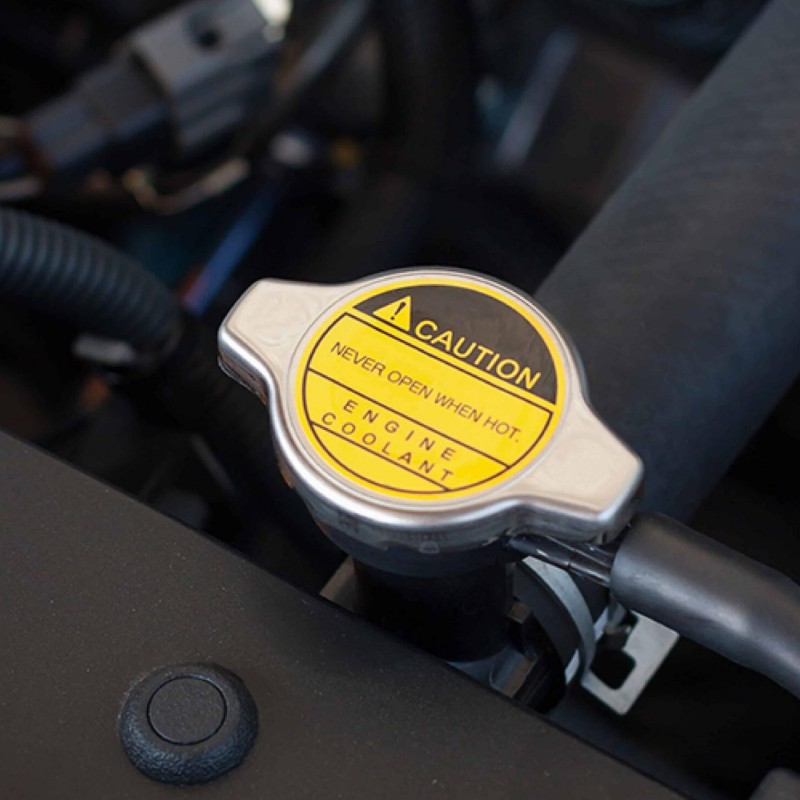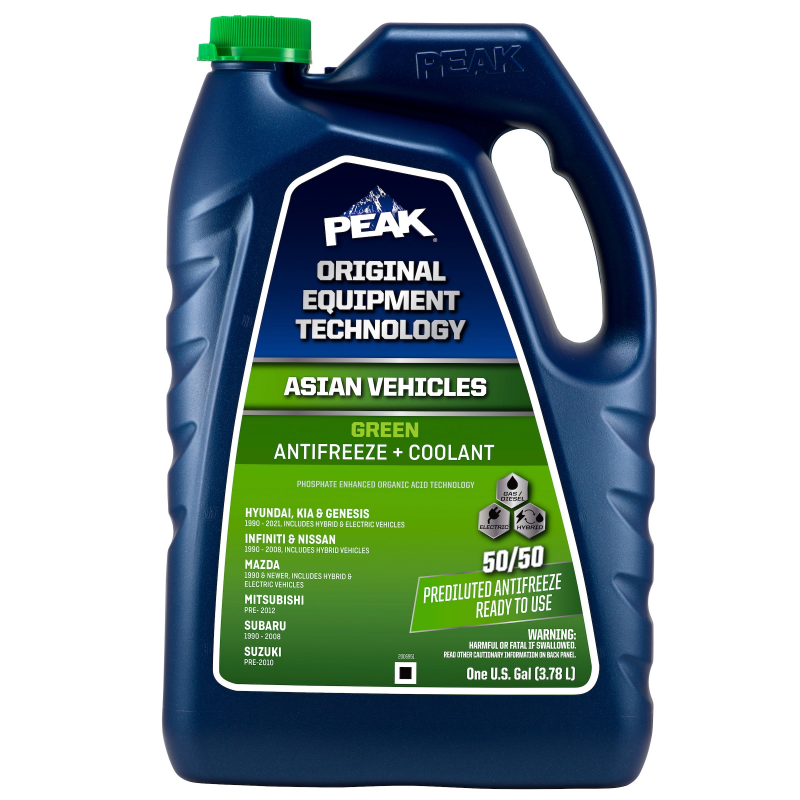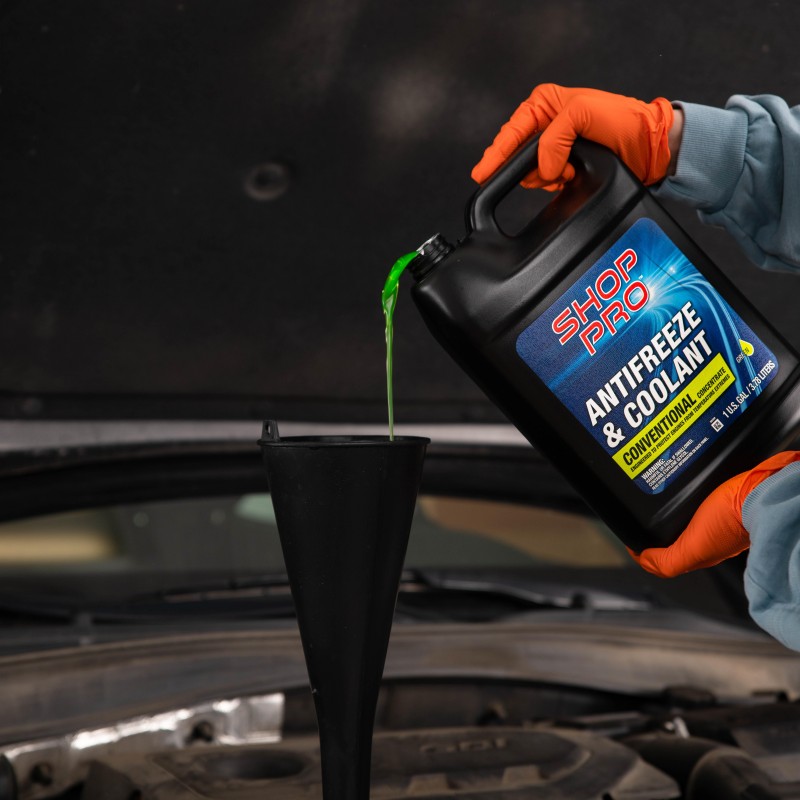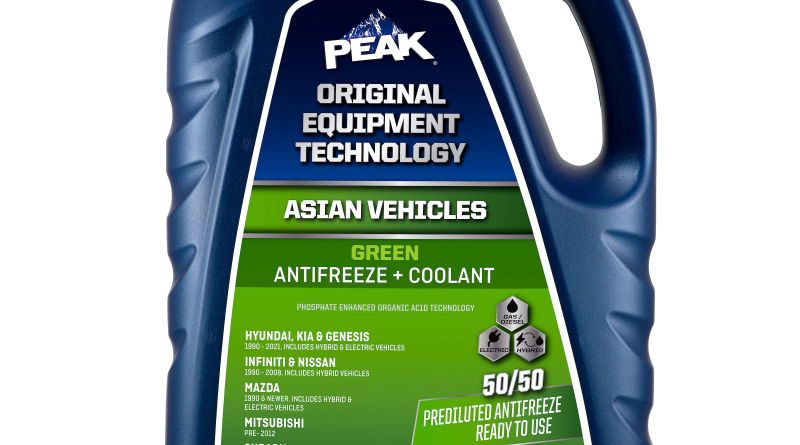Best Coolant for Car Engines: Essential for Optimal Performance
Engine cooling is critical for automotive care. Many car owners often overlook the importance of using the best coolant for car engines. Coolant, also known as antifreeze, prevents overheating by circulating through the engine block and radiator. It absorbs heat and helps manage the engine’s temperature. Using the right coolant protects your engine and prevents serious problems, such as corrosion and overheating. With many options on the market, understanding the types, properties, and how to select the right coolant can save you time and money. This comprehensive guide explores everything you need to know about the best coolant for car engines, including types, functions, and maintenance tips.

Understanding Coolants and Their Importance
Before diving into choosing the best coolant for car engines, let’s understand what coolant is. Coolant mixes with water in your vehicle’s cooling system to maintain engine temperature. It plays a vital role in several areas:
- Heat Transfer: The primary function of coolant is to disperse heat produced by the engine. Coolant circulates through the engine, absorbing heat, and then travels to the radiator to release it.
- Freezing and Boiling Point: Coolants are engineered to withstand extreme temperatures. They lower the freezing point to prevent freezing in cold weather and raise the boiling point to prevent boiling off in high temperatures.
- Corrosion Resistance: Cars contain various metals that can corrode over time. High-quality coolants include additives that prevent corrosion and scaling, extending your engine’s life.
- Lubrication: Some coolants also provide lubrication to components like water pumps, promoting smooth operation and reducing wear on these parts.
Understanding these functions emphasizes why choosing the best coolant for car engines is important for your vehicle’s longevity and performance.
Types of Coolant for Car Engines
Different types of coolants serve unique purposes and fit various vehicle needs. Here are the most common types of coolants:
- Ethylene Glycol Coolants: This type dominates the market. Ethylene glycol-based coolants offer effective protection from both freezing and boiling. They usually come in concentrated forms and require dilution with water.
- Propylene Glycol Coolants: This less toxic alternative is often labeled as more environmentally friendly. While it offers similar temperature protection, it may not conduct heat as efficiently as ethylene glycol.
- Hybrid Organic Acid Technology (HOAT): HOAT coolants combine organic acids and traditional corrosion inhibitors. They provide long-lasting protection against corrosion and scale formation and are compatible with a variety of vehicles.
- Organic Acid Technology (OAT): OAT coolants rely on organic acids for corrosion protection without the more traditional inhibitors found in other coolants. These typically have longer service intervals, but compatibility with specific vehicles is crucial.
- Water-Based Solutions: Some car owners use water or water-based solutions as coolant. Although water transfers heat well, relying solely on it can lead to corrosion and other issues. It is often used with traditional coolants for added protection.
Knowing these different types of coolants helps you make an informed decision about what is best for your car engine.
Factors to Consider When Choosing the Best Coolant for Car Engines
Choosing the best coolant for car engines involves several factors that can significantly influence engine performance and durability.
- Vehicle Manufacturer Specifications: Start by checking your vehicle owner’s manual for recommended coolant type. Specifications can vary between brands and models, so aligning your choice with manufacturer guidelines is vital.
- Climate Conditions: Consider your local climate. If you experience hot summers or freezing winters, you may need coolant designed to withstand extreme temperatures to prevent engine damage.
- Additives: Look for coolants that include corrosion inhibitors and other protective additives. They can help guard against scaling, rust, and overall system failure.
- Dilution Ratios: Many coolants come in concentrated form. Always follow the manufacturer’s dilution recommendations to achieve optimal performance.
- Compatibility with Existing Coolant: If you’re switching coolants, ensure the new product is compatible with what is currently in your system. Mixing incompatible coolants can lead to chemical reactions that degrade performance.
These considerations will guide you in selecting the best coolant for car engines that suits your specific needs and driving conditions.
Top Coolants for Car Engines on the Market
With numerous options available, here are some top-rated coolants for car engines. These products are trusted by many for their performance and reliability:
- Prestone Extended Life Antifreeze/Coolant: Known for its long-lasting protection, this HOAT formula works well with various vehicles. It helps prevent corrosion while providing excellent heat transfer.
- Zerex G-05 Antifreeze/Coolant: A favorite among mechanics, Zerex G-05 is compatible with both traditional and newer vehicles. Its OAT formulation offers great protection against rust and corrosion.
- PEAK Global Lifetime Antifreeze/Coolant: This versatile coolant is suitable for many vehicles, including those with aluminum components. It lasts long and protects against corrosion effectively.
- Royal Purple High-Performance Coolant: Ideal for performance vehicles, this coolant offers superior heat transfer and corrosion protection. Many enthusiasts prefer Royal Purple for its high-quality formulations.
- Valvoline Extended Life Antifreeze/Coolant: This option provides long-lasting protection and works with various vehicle types and climates. Its formulation is designed to reduce maintenance intervals.
- AC Delco Dex-Cool Antifreeze/Coolant: Specifically for GM vehicles, this OAT coolant offers extended service life. It protects against corrosion and helps maintain peak engine performance effectively.
These products represent the best coolant choices available for car engines, each offering various benefits suitable for different vehicles and driving conditions.
How to Change Your Car’s Coolant
Knowing how to change your car’s coolant can save you money. It ensures your engine stays in top condition. Here’s a step-by-step guide:
- Gather Necessary Tools and Supplies: Prepare a coolant container, funnel, wrench, and potentially a hose for draining coolant. Wear gloves and safety glasses for protection.
- Let the Engine Cool: Allow your engine to cool before working on the cooling system. This step is essential to avoid burns.
- Locate the Radiator Drain Cock: Most vehicles have a drain valve at the radiator’s bottom. Place a container underneath this area to catch the fluid.
- Drain the Old Coolant: Use a wrench to open the drain valve and let the old coolant flow into the container. If there’s no valve, remove a lower radiator hose to drain it.
- Remove the Radiator Cap: While draining, take off the radiator cap to relieve pressure in the system. It’s essential for ensuring complete drainage.
- Flush the System (Optional): To remove contaminants, you can flush the system with distilled water. Fill the radiator with water and run the engine until warm, then drain again.
- Add New Coolant: Using a funnel, pour the new coolant into the radiator, following the manufacturer’s dilution guidelines.
- Check for Leaks: After refilling, inspect hoses and connections for leaks. Tighten any loose connections, then replace the radiator cap.
- Run the Engine: Start your vehicle and let it run for a few minutes. Monitor the temperature gauge and ensure the cooling system is functioning efficiently.
- Dispose of Old Coolant Properly: Never pour old coolant down the drain. Take it to a local hazardous waste disposal site for safe handling.
Following these steps can help ensure you change your coolant correctly, maintaining your engine’s health and performance.

Signs of Coolant Problems
Being aware of signs of coolant problems helps you address issues before they lead to significant engine damage. Here are several warning signs to watch for:
- Overheating Engine: A rising temperature gauge is often the first sign of a coolant issue. If your engine overheats, it could indicate low coolant levels or a failure in the cooling system.
- Coolant Leaks: Puddles of coolant under your vehicle indicate a leak. Check hoses, the radiator, and the water pump for any signs of damage or loose connections.
- Discolored Coolant: Healthy coolant remains clear. If it becomes discolored or has a slimy texture, contaminants may be present, which could lead to deeper issues.
- Sweet Smell: A sweet odor can signal a coolant leak, as ethylene glycol, found in antifreeze, has a distinct sweet smell.
- Steam from Under the Hood: Steam rising from your engine bay often indicates overheating. Insufficient coolant or a malfunctioning component may cause this and requires immediate attention.
- Increased Engine Temperature Warning Light: Most modern cars have gauges to warn drivers if the engine temperature exceeds safe levels. If this light activates, take prompt action.
Recognizing these signs allows you to take proactive measures and prevent costly repairs.

Conclusion
Choosing the best coolant for car engines is vital for keeping your engine running smoothly. It not only helps maintain optimal performance but also extends the life of your vehicle. With various types of coolants available, understanding their properties is essential for selecting the right one based on your vehicle’s specifications and driving conditions.
Regularly changing your coolant can help prevent many issues while protecting your engine from heat and damage. Additionally, being aware of signs of coolant problems will enable you to act quickly and avoid significant engine repairs.
Ultimately, while coolant might seem minor in the vast landscape of your vehicle’s components, its importance in maintaining engine efficiency cannot be overlooked. By choosing the right coolant and performing routine maintenance, you will ensure a reliable and enjoyable driving experience.
